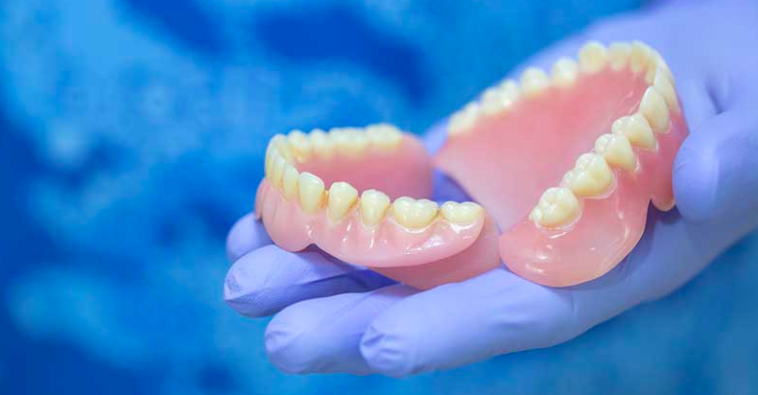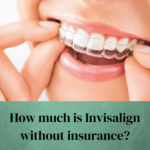Welcome to our blog. Do you want to know how much dentures cost without insurance? here we tell you
Dentures should be covered by your dental insurance at least in part since in most cases they are considered medically necessary appliances. Depending on what procedures you need before and after you receive dentures, you may incur additional costs.
Dentures are available in three quality and cost levels:
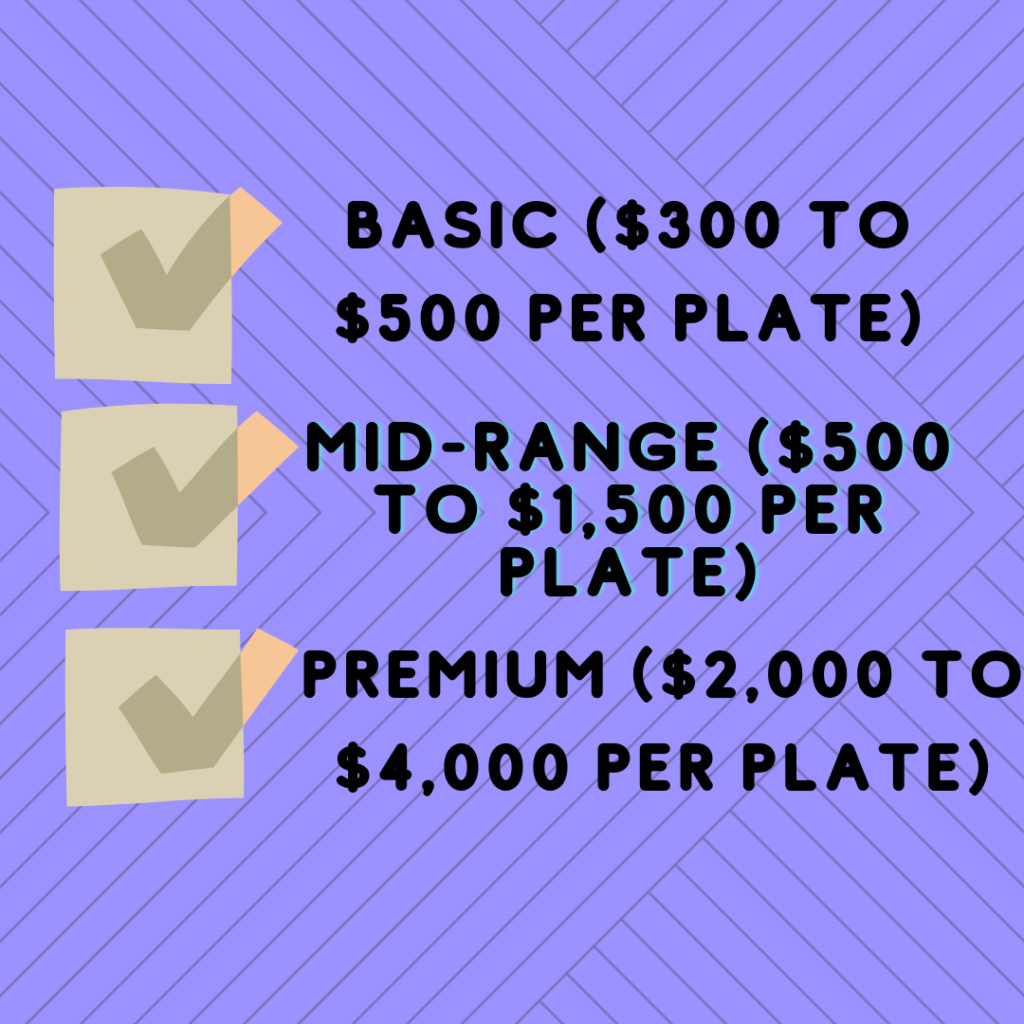
You can expect to pay more for dentures if you don’t have dental insurance. Many dentists and orthodontists have pre-set private pay rates that are lower than what they would bill an insurance company.
It is also possible to get dentures at a reduced cost or to make the financial burden more manageable for those without insurance.
how much do dentures cost without insurance
Dentures are quite expensive without dental insurance. The average cost of complete dentures can range from $1300 to $3200. The price goes up even more if you have to have your teeth extracted first. (Tooth extraction can cost up to $350 without insurance.)
What are Dentures?
Dentures are removable false teeth designed to replace teeth that have been lost due to tooth decay, injury, or other causes. The dentures are designed to fit snugly to the shape and size of the wearer’s jaw and sit across the gums to replace the missing teeth.
DENTURE TYPES
There are so many options when it comes to modern dental technology! The following are some of the most common types of dentures available from most dentists and oral surgeons.
- Traditional full dentures: These prosthetic devices, also called conventional dentures, are designed for people who have lost all of their teeth and whose gums have fully healed. The traditional full denture consists of a full upper and lower plate mounted on a gum-colored frame and removably attached to the patient’s gums.
- Partial removable dentures: Partial removable dentures are designed for people who have lost just a few teeth, similar to traditional full dentures. Partials of this type are typically secured by the patient’s existing natural teeth on either side of the device.
- Partial fixed dentures: A fixed partial consists of one or more artificial teeth mounted on a frame. The device is placed in the patient’s mouth in the location of the missing teeth, and crowns are affixed to each of the natural teeth on either side to strengthen them so they can support the partial. The device is then cemented into place and is not removable by the patient.
- Implant-supported dentures: Implants strategically placed throughout the mouth support these devices. There are a variety of implant-supported dentures available, including removable and fixed types. People with compromised jawbone density may benefit from these prosthetics.
- Immediate dentures: When a patient needs all of their teeth extracted, but does not want to live without teeth until their permanent dentures are ready, immediate dentures can be an option. Immediate dentures, as opposed to traditional dentures, do not require the patient’s gums to be healed before the device is fitted. Instead, they can be fitted directly onto the patient’s unhealed gums as soon as the teeth are removed. A temporary denture is designed to be worn by the patient only for a short period of time until the permanent denture is ready. However, some patients are satisfied with their immediate dentures for a long time. Although living with this type of denture requires additional trips to the dentist, since gums have a tendency to change shape as they heal, and the dentures will need to be relined frequently.
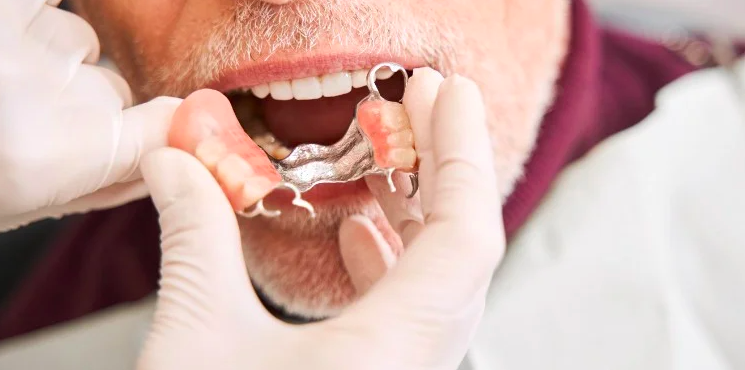
PRICING OF DENTURES
In keeping with all of the above variables, the following are some general cost estimates for different types of dentures:
- Traditional full dentures: Dentures cost between $600 and $1,000 for very low-cost dentures; between $1,000 and $3,000 for mid-priced dentures; and between $4,000 and $8,000 for high-quality dentures.
- Partial removable/fixed dentures: A partial denture can cost anywhere from $650 to $2,500, depending on the material used.
- Implant-supported dentures: Implant-supported dentures are typically the most expensive. The cost of these dentures varies widely, but you can expect to pay between $3,000 and $8,000 (or more).
- Immediate dentures: The cost of an “interim” denture usually ranges between $1,000 and $3,500, although tooth extraction is not included.
Importance of dentures. The health of your mouth depends on your dentures. Managing your oral health in other ways will also reduce your risk of requiring dentures later in life. You should brush your teeth twice a day, floss daily, and visit your dentist every six months for a professional cleaning. Seeing your dentist regularly will ensure any major issues are dealt with when they arise. More serious dental issues can lead to tooth loss if not addressed. As you age, you may not need dentures if you take good care of your teeth.
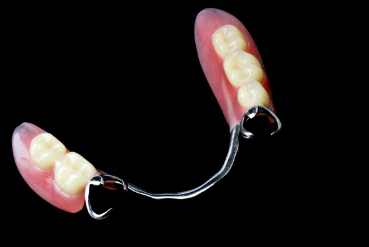
FAQ frequently asked questions
What are the alternatives to dentures?
Yes, dental implants can be used to support cemented bridges, eliminating the need for a denture. It is usually more expensive, but implants and bridges feel more like real teeth. Dental implants are becoming the preferred alternative to dentures, but not everyone is a candidate for implants. Implants can also be used to support dentures, providing more stability. Talk to your dentist for more information.
Are the costs of dentures covered by insurance? Many dental insurance providers cover some or all of the cost of dentures. Contact your company to find out what they will cover.
Dentures: How Are They Made?
Dentures are made in several appointments over a few weeks. When your dentist or prosthodontist (a dentist who specializes in the restoration and replacement of teeth) determines what type of appliance is best for you, you should:1. Take impressions of your jaw and measure how they relate to each other and how much space is between them.2. Model, wax forms, and/or plastic patterns in the exact shape and position of the denture to be made. The denture will be tried on several times and its color, shape, and fit will be assessed before it is cast.3. Cast the final denture.4. Any necessary adjustments will be made.
Will dentures alter my appearance?
The dentures are made to closely resemble your natural teeth, so there should be a very small difference in appearance. You may even be able to improve your smile and facial appearance with dentures.
Do New Dentures Make Eating Difficult?
It may take a few weeks for some wearers to get used to eating with new dentures. Start with soft foods cut into small pieces to get accustomed to the new denture. Chew slowly on both sides of your mouth. Add other foods as you get used to the new dentures until you return to a normal diet. Be careful when handling hot or hard foods, as well as sharp-edged bones or shells. You should also avoid foods that are extremely sticky or hard. You should also refrain from chewing gum while wearing the denture. You should also avoid using toothpicks while wearing dentures.
Is dentures going to change how I speak?
You may have difficulty pronouncing certain words after getting dentures. Practice pronouncing the difficult words aloud. With practice and time, you will become accustomed to speaking properly with dentures.
Contact your dentist if your dentures “click” while you’re talking. Dentures sometimes slip when you laugh, cough, or smile. You can reposition them by biting down and swallowing gently. Consult your dentist or prosthodontist if the problem persists.
Do Dentures Need to Be Worn 24 Hours a Day?
Dentures should be removed at the recommended time by your dentist or prosthodontist. In the first few days after receiving your denture, you may be asked to wear it at all times, including while you sleep. Though this may be uncomfortable at first, it is the fastest way to determine which parts of the denture need to be adjusted. Remove dentures before going to bed after they have been adjusted. The gum tissues rest, allowing normal stimulation and cleansing by the tongue and saliva. The denture can be replaced in the morning.
RECOMMENDED
how much is an mri without insurance
